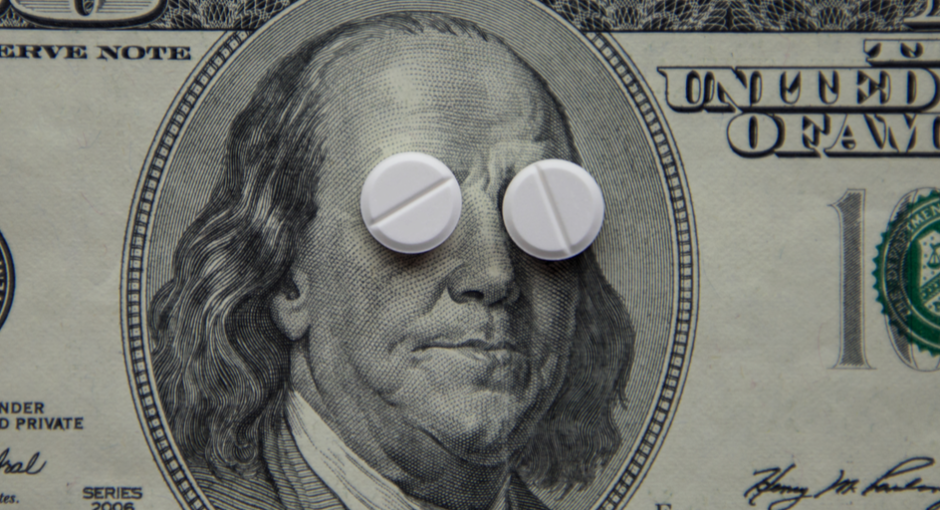Pharmaceutical Research and Manufacturers of America (PhRMA) has asked a federal judge to invalidate a federal regulation that would require drug makers, starting in January 2023, to include the full value of patient financial assistance in their Medicaid best price calculations, if the companies cannot ensure that health plans will not ultimately capture the benefit of the aid for themselves.
Medicaid best price is a component in determining 340B prices. The 340B ceiling price for a covered outpatient drug is equal to the average manufacturer price (AMP) from the preceding calendar quarter minus the Medicaid unit rebate amount (URA). Drug makers must offer deeper 340B discounts if best price is lower than the ceiling price as calculated above.
PhRMA filed suit on May 21 against the U.S. Health and Human Services Department (HHS) over the rule, issued by the Trump administration on Dec. 31. Among its several purposes, the rule addresses the pharmacy benefit manager (PBM) practice of instructing health plans to disallow drug manufacturer patient assistance from being applied toward a patient’s deductible or co-payment for brand drugs not on the plan’s formulary. PBMs say they are encouraging more economical drug buying. The Centers for Medicare & Medicaid Services (CMS) suggested in the rule’s preamble that some health plans use the practice to benefit from assistance manufacturers intended that patients get.
CMS said its goal is to incentivize manufacturers to pay more attention to how health plans apply their beneficiaries’ patient assistance. “We believe manufacturers have the ability to establish coverage criteria around their manufacturer-sponsored assistance programs to ensure the benefit goes exclusively to the consumer or patient,” it said in the rule. It revised the definition of Medicaid best price to add such a requirement.
PhRMA’s lawsuit says the requirement is in conflict with federal Medicaid law, and therefore procedurally invalid. It asked the court to set aside and vacate the requirement and enjoin HHS from implementing or enforcing it.
If the rule stands, PhRMA said in the suit, “it will harm patients and manufacturers alike.”
“The upshot for patients is that manufacturer assistance—a crucial and growing source of support for patients who meet their premium obligations yet struggle to pay the out-of-pocket costs increasingly imposed on them by health plans—may dry up, leaving patients without the ability to afford essential medications. And manufacturers will be required—contrary to the statute—to pay significantly higher Medicaid rebates on the basis of financial assistance they provide to patients.”
The lawsuit does not address whether the rule has implications for 340B ceiling prices.


